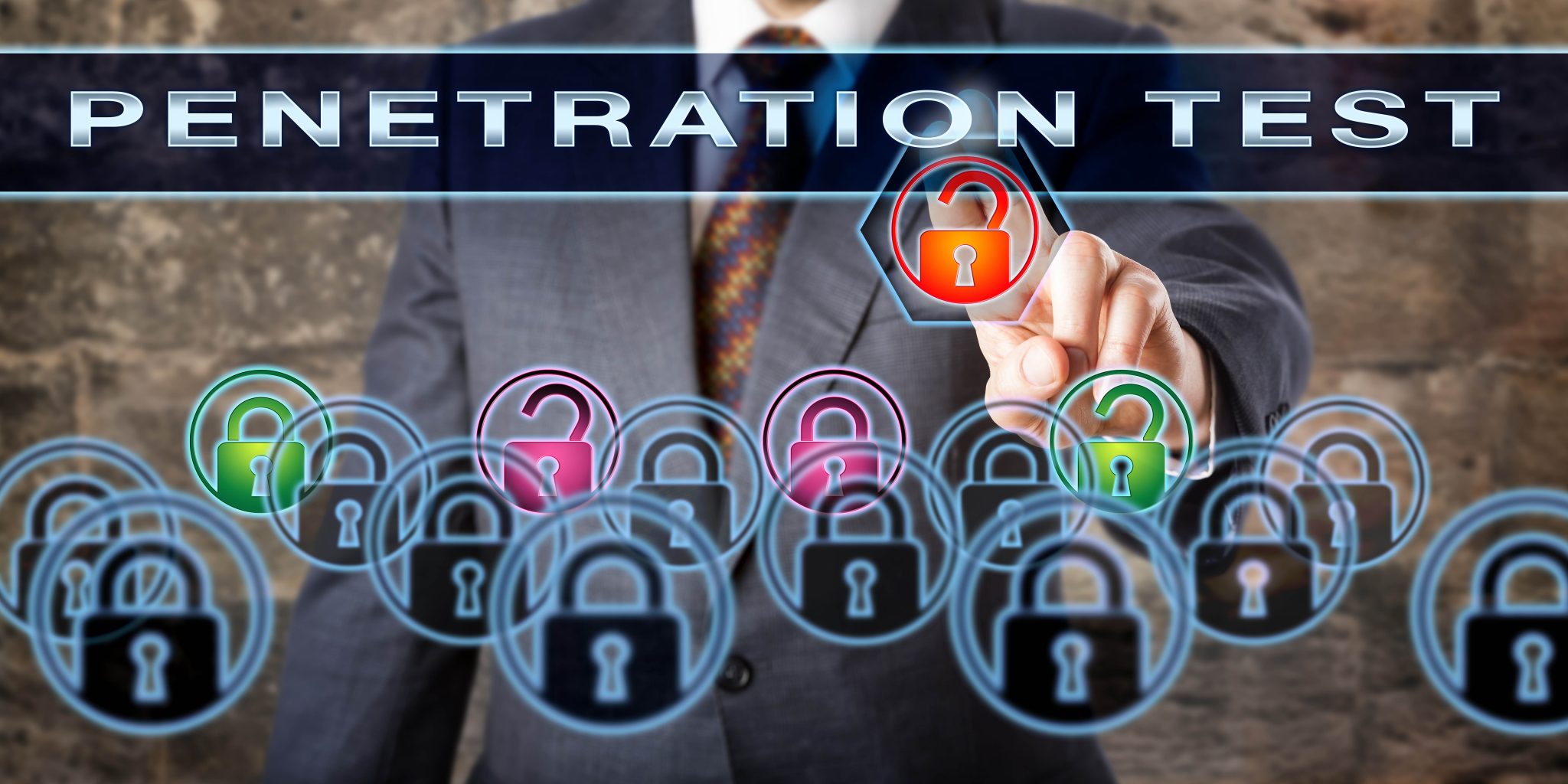
When it comes to figuring out how to protect or secure your business, you may think that all you need to do is install security systems and hire honest and trustworthy employees. However, protecting your physical property is not enough because there are several potential threats to any business. One of the most significant risks comes from those with access to your company’s information, such as employees, contractors, and even customers. These are all potential threats, and whether or not you’re aware of these security risks, they can come into play at any point.
Any company can be at risk of data breaches and cyberattacks, which may cost business owners a lot of money and reputation. Knowing what network security risks are and how to eliminate them will protect you, your employees, and the organization.
How Can Companies Reduce or Eliminate Security Risks?
Understanding the different types of network vulnerabilities is crucial in eliminating or minimizing security risks. There are three main types of weaknesses, and they can either be human-based, software-based, or hardware-based.
- Human-based risks: Employees that access computer networks without the proper authorization are just as big of a threat as someone with a weapon who enters a building without permission. An employee can also compromise your system by leaking information, hacking into network systems, or just passing along data to an individual who will use it for their gain.
- Software-based risks: Companies can be attacked through the physical or remote deployment of software, which puts the network at risk for data breaches, malware and virus attacks, and more.
- Hardware-based risks: Hardware defects and failures can weaken security settings and are also prone to manual or remote attacks.
These security risks may be minimized and even eliminated with the help of these steps:
- Identify the Vulnerabilities
The first line of defense in an organization’s information security efforts should be the deployment of proactive operational procedures to detect and mitigate potential threats through the early identification of vulnerabilities. This is possible through:
- Penetration testing: The primary purpose of penetration testing is to identify vulnerabilities in the network, the success factors in the security lifecycle, and how those factors are affected by the various security measures that are put into place. It can help to ensure that your company remains secure at all times and reduces the risks associated with the network and IT security.
- Evaluation and monitoring: Companies should regularly utilize state-of-the-art software and testing applications to assess, detect, prevent, and mitigate IT or network risks. After determining the potential security risk, the development of remedial solutions and provision of layered protection solutions should immediately follow.
- Install and Configure Firewalls Properly
Firewalls are security methods used to prevent unauthorized access to a computer system. Identity theft and credit card fraud is on the rise, so businesses must invest in keeping their data safe at all times, so these types of risks are never an issue. Why are firewalls important?
- The Internet is a huge source of potential problems. It provides instant access for people to steal your company’s or employee’s personal or sensitive information. You may want to install special firewalls that prevent the downloading of files or websites that could harm your network. You should also make sure that your employees know how to get into the network if they are hired to work off-site.
- Firewalls are effective in blocking network traffic that may prevent threats like DDoS attacks. This prevents users from viewing or transferring files that have been infected. There are free and paid firewalls that you can choose from, and it will depend on the type of protection you feel you need for your business.
- Invest in Security Software and Update Them Regularly
Computer viruses are one of the biggest threats to a business’s confidential information. They come in various forms, including worms, Trojans, and viruses. A worm can be programmed to do anything it wants to on your computer system, and sometimes it can damage the entire network. Firewalls can help you protect your network from intruders, but they don’t eliminate viruses or worms. Here’s why you need to install and regularly update your antivirus software:
- Anti-spyware and antivirus programs are used to prevent hackers from getting a hold of your documents and data. They can be installed on individual computers or network servers.
- You will still need to protect your network from malicious software in all instances, even when employees are working from home or traveling for work.
- Hire A Reliable Network Security Consultant
For businesses, eliminating business security risks is always a top priority. Companies realize the importance of data privacy and the need for a high level of security in their daily operations. Your company can opt to employ or outsource the services of network security support personnel who are highly trained to identify and mitigate all threats to networks.
Here’s are the tasks and responsibilities of network security staff to help mitigate the risks:
- They should know how to identify and isolate potential network vulnerabilities, working with network administrators and IT staff in the implementation of security measures.
- Support personnel should also be knowledgeable in building and operating the various software programs that help to protect networks. These include firewall systems, intrusion detection systems, security servers, and intrusion alarms.
Takeaway
By eliminating business risks, you can keep your network secure. It is much easier to manage a network as the risk level goes down. You can use software to help monitor the networks and find out what threats there are. If you have to put up with some bad network security, then you need to do everything you can to eliminate them before they hurt your business. The best way to do this is to hire a professional who can help you maintain the best security possible for your network and eliminate the risks that are affecting it.
